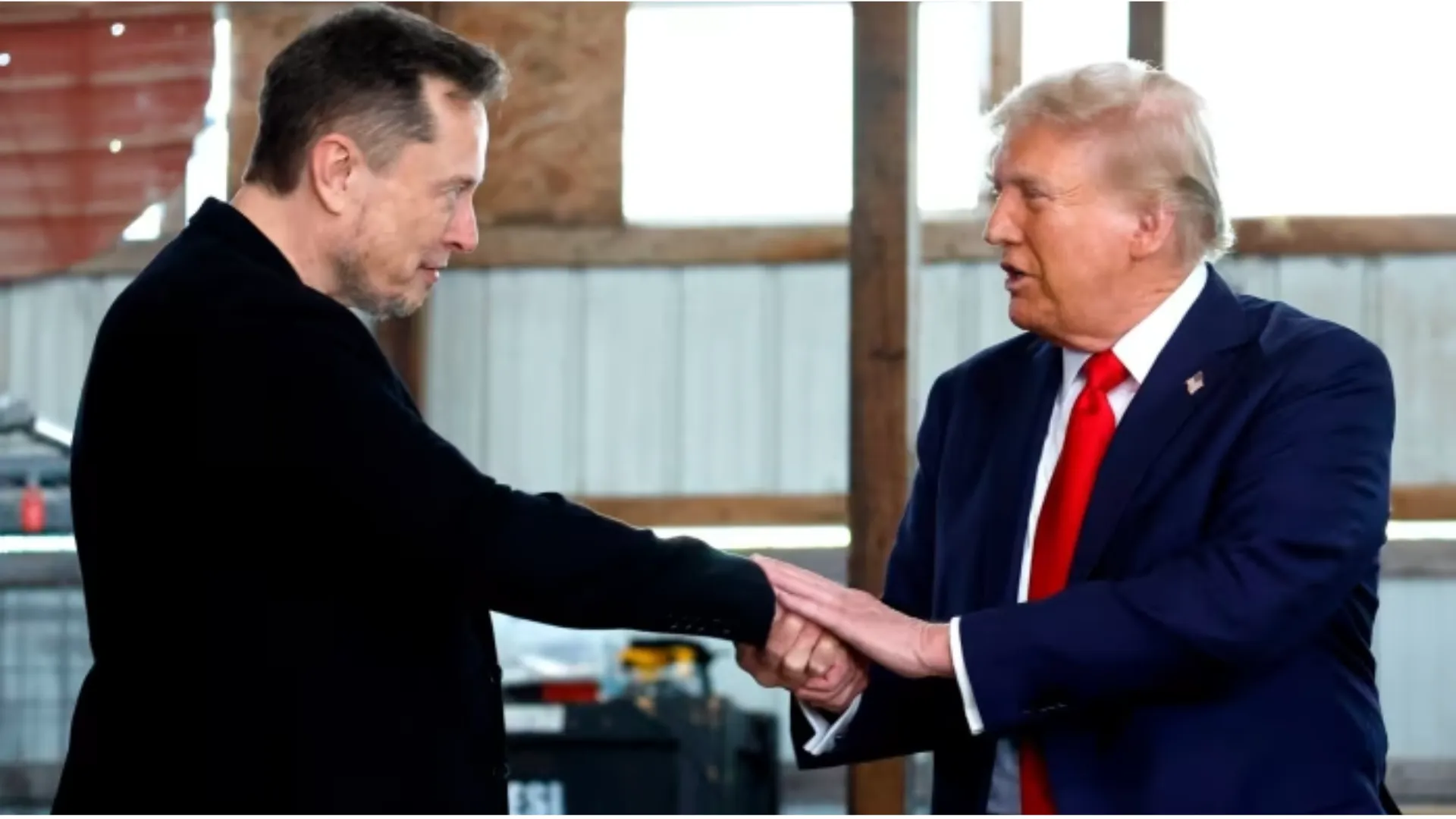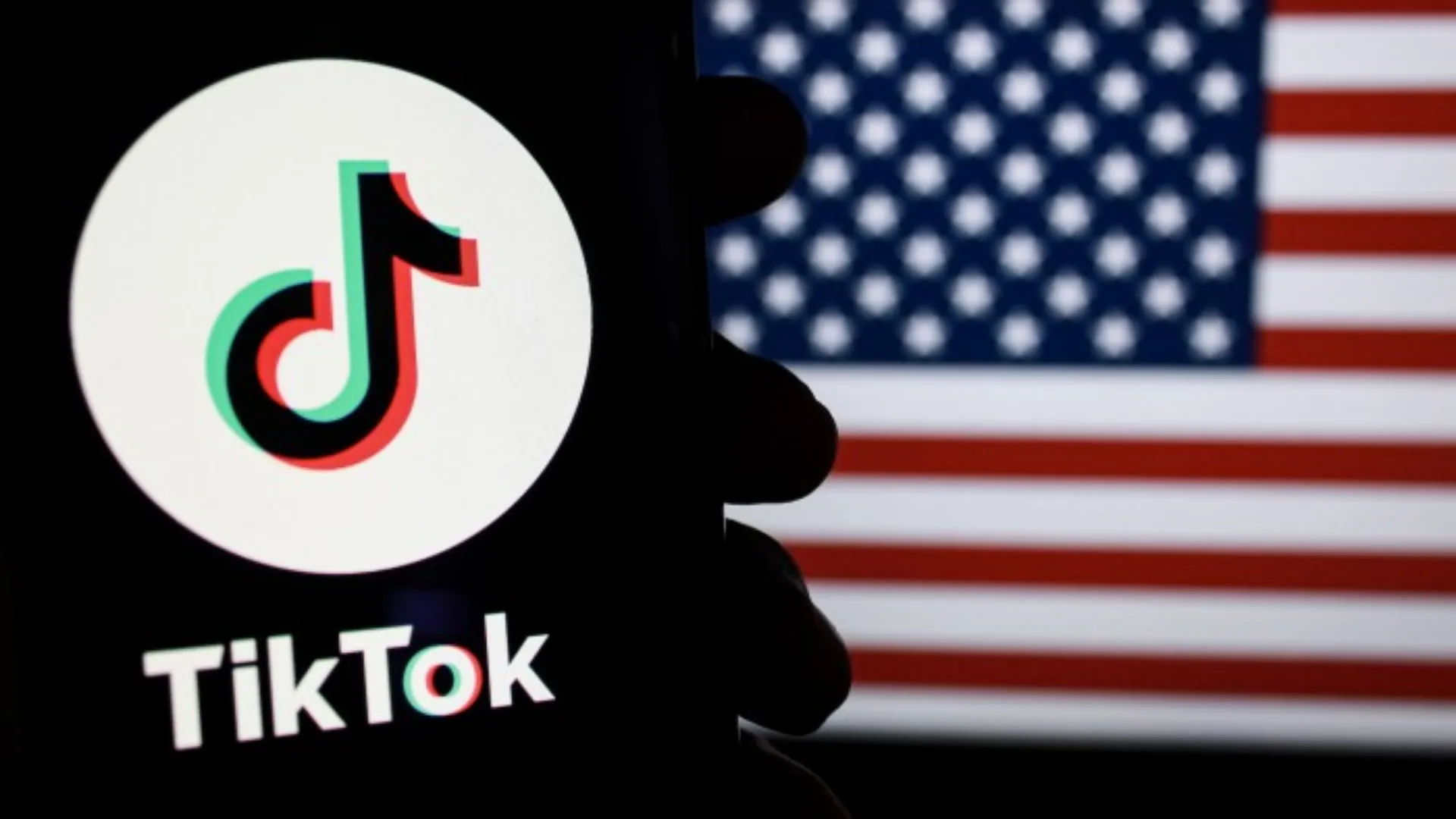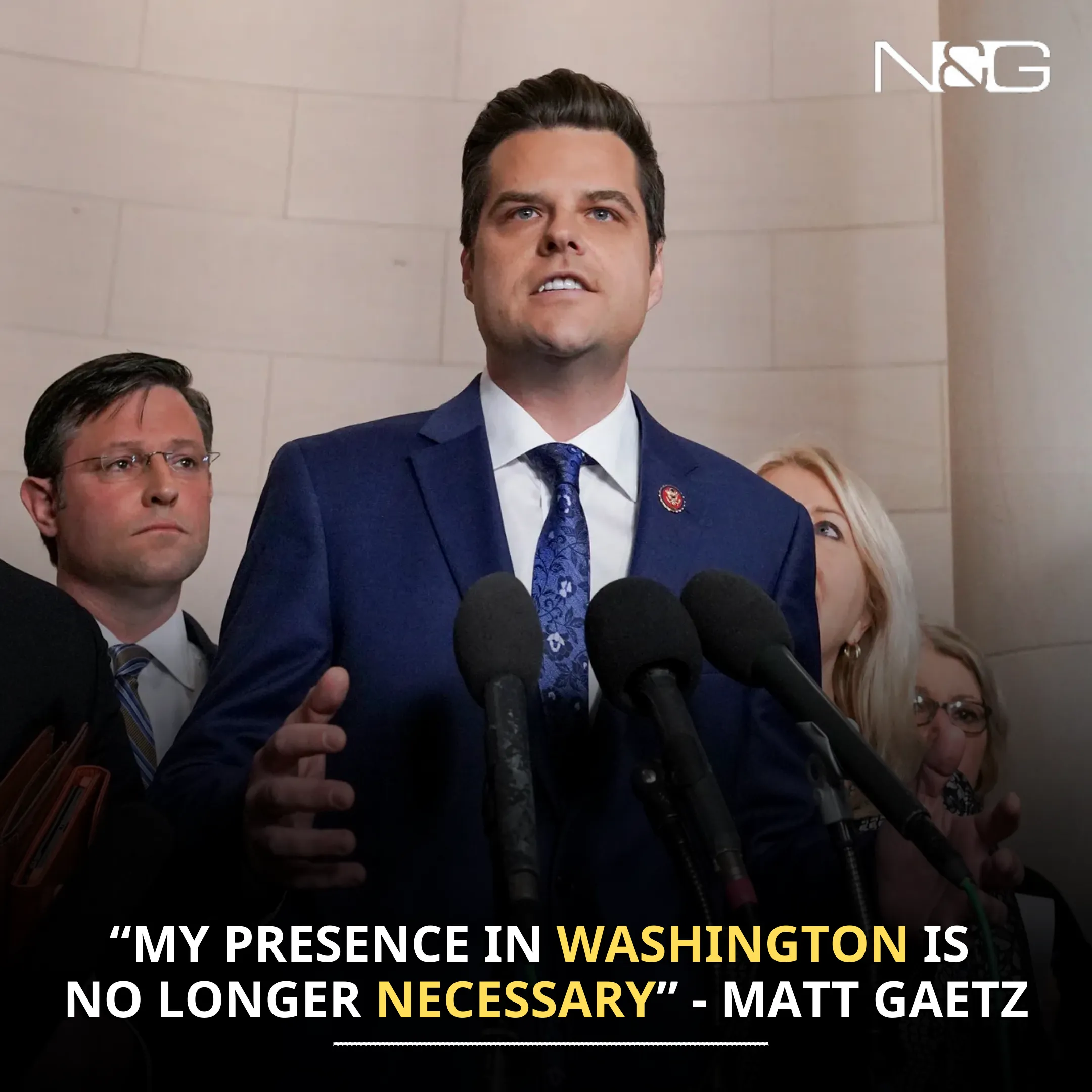
Donald Trump, now President-elect, is working with his two co-defendants in the classified documents case to block the release of Special Counsel Jack Smith’s final report.
The document, which examines Trump’s handling of sensitive materials and his alleged attempts to obstruct the transfer of power following the 2020 election, has become a contentious issue.
Trump’s legal team filed a motion late Monday, coinciding with the fourth anniversary of the January 6 Capitol attack, asking Judge Aileen Cannon to prevent the release of Smith’s two-volume report.
Trump’s lawyers also sent a letter to Attorney General Merrick Garland, urging him to dismiss Smith and leave the decision about the report’s release to Trump’s incoming administration.
The letter indicates that Trump’s team has already reviewed a draft of the report and views it as an unjustified and politically motivated attack. While the motion targets Smith, the ultimate decision lies with Garland, who must determine whether to authorize the report's public release.
The co-defendants, Walt Nauta and Carlos De Oliveira, both tied to the Mar-a-Lago documents case, have supported Trump’s effort by arguing that Smith was unlawfully appointed.
They referenced a prior ruling from Cannon that deemed Smith’s appointment invalid, claiming that he has no legal right to access or publish the materials referenced in the report. Their filing asserts that releasing the report would violate legal norms and constitute an improper act.
“The Final Report relies on materials to which Smith, as disqualified special counsel, is no longer entitled access — making his attempt to share such materials with the public highly improper,” they stated. Smith’s team quickly responded, filing a brief early Tuesday morning and promising a more comprehensive reply by evening.

The team indicated that the Attorney General would not release the report before January 10, 2025, the same day Trump is scheduled to face sentencing in a separate New York case involving hush money payments.
Adding to the complexity, Smith has appealed Cannon’s earlier ruling disqualifying him, citing 50 years of legal precedent supporting the legitimacy of his appointment.
The appeal is pending before the 11th U.S. Circuit Court of Appeals, leaving it unclear whether Cannon retains the authority to intervene further. Meanwhile, Nauta and De Oliveira have filed additional briefs seeking an injunction from the appeals court and have indicated that Trump intends to join their effort.
Although Smith’s team has withdrawn charges against Trump, citing Department of Justice policies that bar prosecuting a sitting president, the cases against Nauta and De Oliveira remain active.
Trump’s legal team has expressed concerns that the report’s release would unfairly damage not only Trump’s reputation but also that of individuals mentioned within it. The letter to Garland argues that the draft report undermines the presumption of innocence and accuses Smith of making baseless claims about Trump and his associates.
“The Draft Report violates fundamental norms regarding the presumption of innocence, including with respect to third parties unnecessarily impugned by Smith’s false claims,” the letter reads.
It further contends that releasing the report would breach prohibitions on extrajudicial statements by prosecutors, particularly given the ongoing legal proceedings involving Nauta, De Oliveira, and others identified as alleged co-conspirators.
Critics of Trump, however, view the report as a crucial step toward accountability. Many argue that Trump’s electoral victory and subsequent legal maneuvers have effectively stalled investigations into his conduct.
For them, the report represents an opportunity to bring to light actions they believe undermined democratic processes and the rule of law.
The report’s content has also drawn scrutiny due to its potential implications for Trump’s incoming administration. According to Trump’s legal team, the draft includes information about anticipated members of his administration, which they claim could complicate the confirmation process for nominees.
This aspect of the report has sparked additional criticism, with Trump’s lawyers accusing Smith of overstepping his authority and attempting to damage Trump politically.
Language within the draft report appears to echo accusations made in Smith’s earlier indictments of Trump.
The letter from Trump’s legal team disputes claims in the report that Trump led a criminal conspiracy and violated federal laws. The team asserts that these accusations lack any jury determination or supporting verdict, making their inclusion in the report inappropriate and prejudicial.

The legal battle over the report highlights broader questions about the role of special counsels and the boundaries of their authority.
While Garland holds the power to decide whether the report is made public, his decision carries significant implications. It will not only impact Trump’s ongoing legal cases but also shape public perceptions of his actions and the controversies surrounding his presidency.
As Trump prepares to assume office again, the stakes of this dispute are high. For his supporters, blocking the report’s release is essential to preserving his reputation and protecting his administration from unnecessary scrutiny.
For his critics, however, the report symbolizes a necessary form of accountability and a step toward transparency in a turbulent political era. The final decision on the report’s release remains pending, leaving both sides bracing for what could be a pivotal moment in this legal and political saga.



